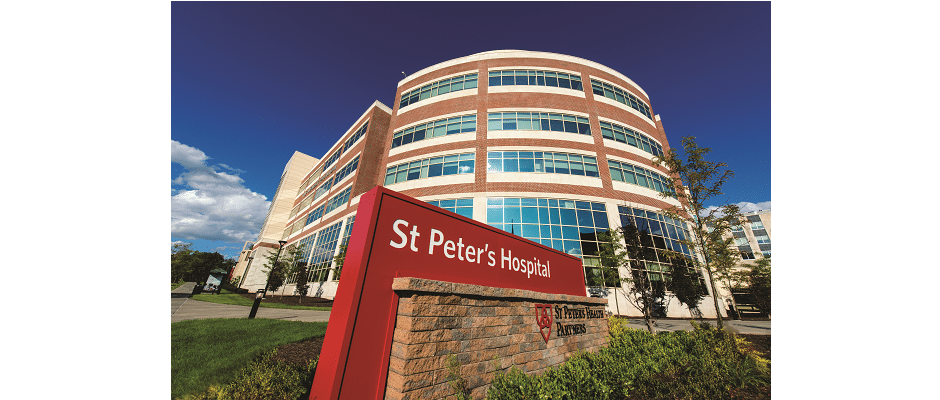
[This story was written by Jamie Epting, MS, RD, CDN, FAND, the system director of clinical nutrition for St. Peter’s Health Partners.]
It seems like one of those sage pieces of wisdom that gets passed down from generation to generation: “When you’re sick, you feed a cold and starve a fever.” But how true is it?
It is believed this myth may come from the belief that when you have a cold, your body needs to be “warmed,” so fueling the body by eating is recommended. On the other hand, if you have a fever, it was thought the best course of action was to refrain from eating, thereby “cooling” the body through starvation.
The reality is, there is no good scientific evidence to back this idea up. Consensus in the medical community – whether fighting a cold or a fever – is the best cure is to stay hydrated and get plenty of rest, allowing your body to fight off the illness.
However, while recovering from illness the body does require energy (calories). Perhaps even more so with a fever, because the demand for energy grows with each increased degree of temperature. So, it is important to eat what you can when you feel up to it.
Let’s face it: when sick, most of us don’t have much of an appetite. A reasonable number of calories can be consumed while staying hydrated by drinking those sugared beverages us dietitians usually tell you to stay away from. There is always an exception to the rules! Juices, clear non-diet sodas, sports beverages with electrolytes, and broth are all good options to help you stay hydrated.
When you do eat, stick to bland foods that won’t irritate your stomach like crackers, bananas, applesauce and dry toast. Soups are a great choice because they also provide fluids. So, chicken noodle soup might not be the cure for your cold like your grandma used to say, but it’s a great choice, and comforting when you aren’t feeling your best.
Some other sick day suggestions:
- Hot herbal tea with lemon – hydrating and soothing with an extra boost of vitamin C.
- Chicken soup – warm and comforting, provides calories and fluid to help you recover.
- Hot cider – warm and comforting with calories, but not a lot of added sugars, and vitamin C.
- Honey – add honey to your food or beverages as it can be soothing and has antiviral properties.
Antioxidants including vitamins A and E and beta carotene have been proven to help boost your immune system to help fight off germs. The best way to get them is a diet rich in a variety of colors of fruits and vegetables, which may help you stay well during cold and flu season.
Finally, remember that rest and time are key to kicking the cold and the flu. Antibiotics are not an effective treatment for either, as antibiotics treat bacterial infections, not viral infections. If you find your symptoms are lingering, though, make sure to check in with your primary care physician for next steps.
Have a healthy and happy holiday season!





